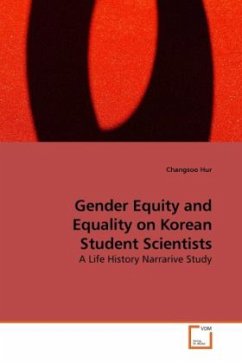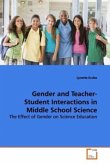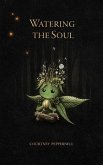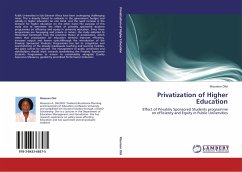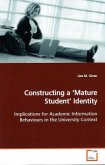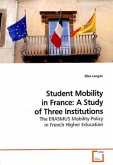This book shows how do social stereotypes exist in terms of gender equity and equality, and how do these stereotypes influence women and men s socializations, in terms of gender equity and equality, in the South Korean scientific and educational fields? Through the participants perceptions and experiences, this book illustrates gendered stereotypes, practices, and socializations in school, family, and the scientific community. They demonstrate asymmetric gendered structures in South Korea. Moreover, with the comparison among male and female participants, this book shows how they perceive and experience differently in school, family, and the scientific community. Among the contexts, education appears to function significantly as an hegemonic power in conveying legitimating ideologies. This process reproduces man- centered social structures, especially in the scientific community. This suggests that to emancipate women s under-representations in the scientific community, educational administrators and teachers should carefully consider gendered practices, stereotypes, and socialization in science classes.
Bitte wählen Sie Ihr Anliegen aus.
Rechnungen
Retourenschein anfordern
Bestellstatus
Storno

